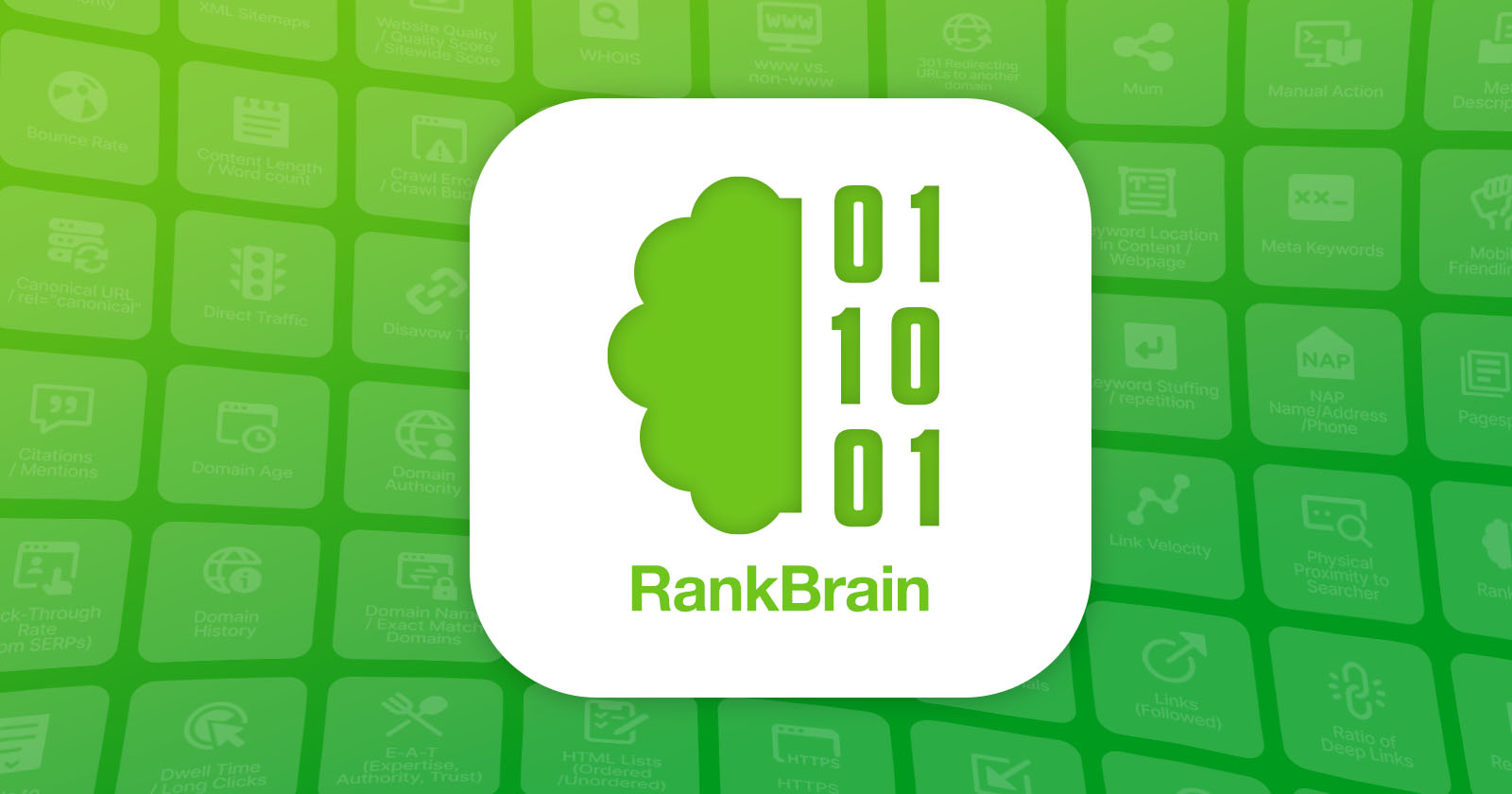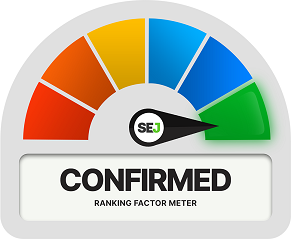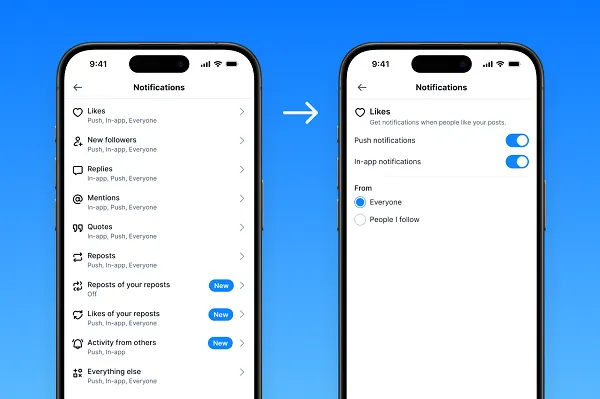Is RankBrain A Ranking Factor In Google Search? via @sejournal, @MattGSouthern
RankBrain is a technology that seems to impact how Google returns search results but does it? Here's what the pieces of evidence say. The post Is RankBrain A Ranking Factor In Google Search? appeared first on Search Engine Journal.

Google’s understanding of human language is made possible by several breakthrough technologies in artificial intelligence and machine learning.
Launched in 2015, RankBrain was the first of said breakthroughs. It allowed Google to return results for queries with no previous record of searches.
RankBrain’s functionality has evolved since its initial introduction. It now allows Google’s algorithms to do something that humans do instinctively: relate words to real-world concepts.
In the days before RankBrain, Google interpreted words literally. It didn’t understand synonyms or figurative meanings.
That limited both the quality and quantity of search results Google could provide.
The ability to interpret what humans mean when they write queries in natural language marked a significant milestone for Google Search.
RankBrain does more than understand language; if you need a hint at its other function, it’s in the name: Rank.
In this article, we’ll investigate the claims around RankBrain as a ranking factor, providing clarity on what RankBrain is and how it impacts search results.
[Learn More:] The Complete Guide To Google Ranking Factors
The Claim: RankBrain As A Ranking Factor
RankBrain is a technology that seems to impact how Google returns search results.
Due to its association with search, many people consider RankBrain a ranking factor.
Without knowing what “RankBrain” means, people new to SEO may assume it refers to a technology Google uses to rank search results.
That assumption isn’t far off, but not every component of Google’s search algorithm is a ranking factor in and of itself.
The following section goes over what Google designed RankBrain to do and how it assists with answering queries.
The Evidence: Is RankBrain A Ranking Factor?
RankBrain is an artificial intelligence (AI) system introduced in 2015 to help Google return results for queries without previous search data.
That changed sometime between the spring of 2015 and 2016. Google announced an update to RankBrain, which integrated AI into all queries.
Wired revealed this information in an article that notes Google isn’t clear on how RankBrain improves all queries, but it does affect rankings.
From Wired:
“Google is characteristically fuzzy on exactly how it improves search (something to do with the long tail? Better interpretation of ambiguous requests?) but [Google engineer Jeff Dean] says that RankBrain is ‘involved in every query,’ and affects the actual rankings ‘probably not in every query but in a lot of queries.’”
What differentiates RankBrain from other Google algorithms is its ability to learn how to answer more ambiguous queries.
As Google’s Gary Illyes explains, the algorithm makes educated guesses at what a user would likely click on for a never-before-seen query.
“RankBrain is a PR-sexy machine learning ranking component that uses historical search data to predict what would a user most likely click on for a previously unseen query.”
RankBrain allows Google to solve problems it used to run into with traditional algorithms.
Contrary to popular theories about how RankBrain works, it does not use data gathered from users’ interactions with a webpage.
RankBrain relies more on data gathered from users’ interactions with search results.
Illyes provides further clarity:
“It is a really cool piece of engineering that saved our butts countless times whenever traditional algos were like, e.g. “oh look a “not” in the query string! let’s ignore the hell out of it!”, but it’s generally just relying on (sometimes) months old data about what happened on the results page itself, not on the landing page.”
In short – RankBrain is a machine learning system that allows Google’s search algorithm to deliver more relevant results.
RankBrain accomplishes this through an improved understanding of ambiguous queries and long-tail keywords.
RankBrain uses data gathered from users’ interactions with search results to predict which pages will likely get clicked on for a brand new search query.
Practical Example From Google’s Vice President of Search
In addition to returning results for ambiguous and never-before-seen queries, RankBrain is capable of connecting words to concepts.
Pandu Nayak, Google’s Vice President of Search, explains how this works with an example of a query that contains the phrase “food chain.”
“Food chain” can refer to organisms in an ecosystem (literal meaning), or it can refer to a hierarchy of people (figurative meaning).
As Nayak states, RankBrain helps Google determine the intended meaning of words based on how a searcher uses them in a query:
“For example, if you search for ‘what’s the title of the consumer at the highest level of a food chain,’ our systems learn from seeing those words on various pages that the concept of a food chain may have to do with animals, and not human consumers.
By understanding and matching these words to their related concepts, RankBrain understands that you’re looking for what’s commonly referred to as an “apex predator.”
Thanks to this understanding, Nayak confirms, RankBrain can decide the best order for top search results by ranking them according to relevance.
[Ebook Download:] Ranking Factors: Fact Or Fiction 2nd Edition
Our Verdict: RankBrain Is A Confirmed Ranking Factor

Google has confirmed that RankBrain is used to rank search results and is involved in all queries.
In 2016, Andrey Lipattsev, a Google Search Quality Senior Strategist, said RankBrain was one of the three most important ranking signals (along with content and links).
RankBrain continues to play an essential role in search results today.
RankBrain differs from traditional ranking factors in that there’s not an obvious way to actively optimize for it.
How do you optimize for ambiguous keywords or queries that no one’s ever entered into Google?
The only option is to provide Google with as much information about a page as possible, which site owners should do anyway if they create holistic content for users.
Illyes was asked this question once and replied with a similar sentiment:
“you optimize your content for users and thus for RankBrain. that hasn’t changed”
Search Engine Journal VIP Contributor Dave Davies provides more advanced tips for communicating information to Google regarding different entities on a page in A Complete Guide To The Google RankBrain Algorithm.
Featured Image: Paulo Bobita/Search Engine Journal

 Hollif
Hollif ![Fact Or Fiction? Let’s Bust Some Myths! [Ebook]](https://cdn.searchenginejournal.com/wp-content/uploads/2022/08/rf-ebook-download-banner-62e8c6126ffe8-sej.jpg)

































